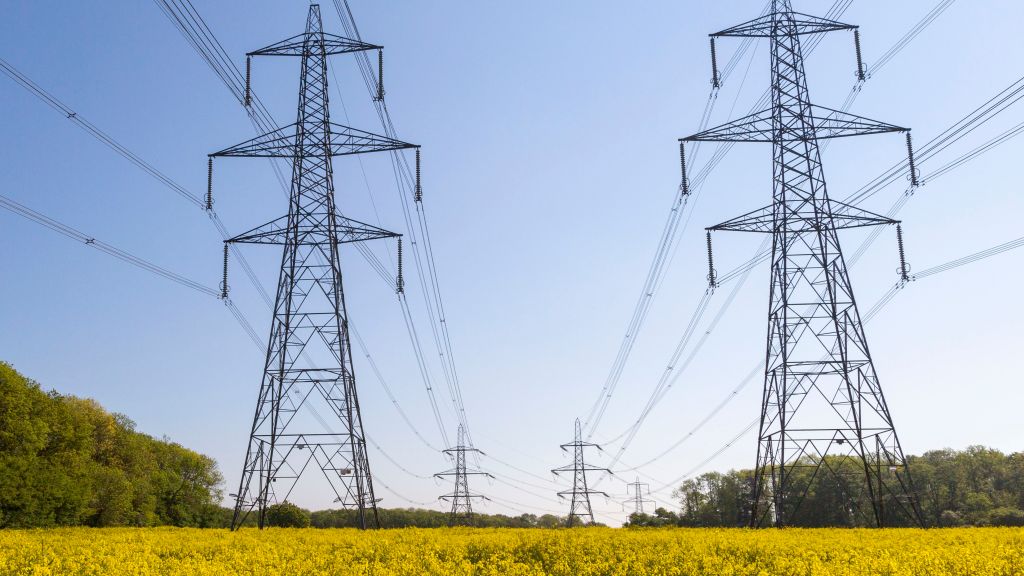MPs Criticize HMRC Over Service Failures Amid Taxpayer Struggles
Members of Parliament wrapped up an inquiry into HM Revenue & Customs (HMRC) in January, accusing the tax agency of intentionally “degrading its own services” and “damaging trust in the tax system”.
This is not the first instance of HMRC facing scrutiny from officials, and it is unlikely to be the last. A brief period of improved customer service last year has already dwindled.
In response to concerns about its treatment of taxpayers, the Treasury allocated over £50 million in additional funding to the tax authority last year. During the final quarter of 2024, HMRC managed to meet its target for answering calls while coming close to achieving its goal for responding to correspondence.
However, service quality is declining once more. In February, only 73 percent of calls were answered before callers either hung up or were disconnected — falling short of HMRC’s target of 85 percent. Furthermore, 73 percent of letters sent to HMRC were replied to within 15 working days, below the 80 percent target. Average call wait times had nearly doubled from 11 minutes in December to 21 minutes in February.
Caroline Miskin from The Institute of Chartered Accountants in England and Wales remarked, “The extra £51 million investment initially began to yield some results. It is deeply disappointing that recent data indicates these improvements have not been maintained.”
Taxpayers, including workers, self-employed individuals, small business owners, parents, and pensioners, are feeling the impact of declining customer service. Miskin noted that the latest figures “did not come as a surprise” based on the feedback she received from individuals directly affected by the tax system, citing complaints about long wait times, call disconnections, and delays in processing repayments.
HMRC asserted that it has made improvements, reporting that over 80 percent of customers are satisfied with its “quick and easy-to-use” digital services and that customer service representatives are available for those requiring additional assistance.
The agency stated, “We understand that there is a human story behind every tax bill and we are dedicated to treating all taxpayers with respect.
“Call wait times decreased by 13 percent in February compared to the same month last year, despite high pay-as-you-earn demand. We are optimistic that March’s figures will demonstrate further improvement, reflecting the government’s commitment to enhance our customer service performance.”
Nonetheless, many seeking assistance from HMRC report encountering insufficient support or outright silence.
‘I had sleepless nights worrying about prison’
For the past three years, Jo Livingstone has been burdened by an erroneous tax bill of up to £20,000. She estimates that she has called HMRC over 50 times, sent five letters, and spent countless hours navigating the website, but has yet to receive any clear answers.
Her ordeal began in spring 2022 when an unexpected tax bill for approximately £15,000 arrived, complete with penalties and interest, despite it being the first notification she received from HMRC.

There was no explanation for the debt, although the amount coincided with a pandemic grant she received. As a freelance forensic physician, she qualified for funds from the self-employment income support scheme during the lockdown.
“I desperately needed those funds during the pandemic as clinic referrals plummeted, which resulted in no income,” Livingstone explained. “Both my accountant and the NHS trust where I freelanced indicated that I was self-employed, qualifying me for the scheme.”
It appeared that the NHS trust classified Livingstone as “inside IR35,” suggesting she was treated as an employee for tax purposes. This led HMRC to revoke her grant. While the matter was being addressed through her agent, Livingstone sought guidance from HMRC regarding her escalating tax bill, but she received no assistance over the phone, and her letters were ignored.
“All the while, debt collection letters poured in, demanding thousands of pounds. The amount fluctuated, peaking at £21,000. The silence was maddening; I felt lost and unsure what to do,” Livingstone recounted.
“Initially, I thought, ‘It’s HMRC, they will sort it out eventually,’ but eventually, a profound sense of fear took over. Sleepless nights consumed me as I worried about the possibility of going to prison.”
In June, she took her case to a first-tier tribunal to contest the interest and penalties, during which the judge ruled in her favor. Later, she collaborated with HMRC’s alternative dispute resolution team and a mediator.
Finally, in February, nearly three years after the initial tax bill, Livingstone received a call stating that the debt had been canceled.
While this news was a relief, she was advised to not view it as confirmation of her tax status and is still awaiting a response to her formal complaint. “I just required guidance to understand the situation. My biggest challenge was the inability to get anywhere with HMRC; it was incredibly disheartening.”
In January, the Public Accounts Committee reported that nearly 44,000 taxpayers had been left on hold for over an hour, only to be cut off without warning, in the first 11 months of 2023-24. Just two-thirds of those seeking help managed to connect with an adviser. Sir Geoffrey Clifton-Brown MP criticized the tax agency, stating it was “excavating its way to new lows.”
Jesminara Rahman, a tax investigation expert, commented, “Every week, I talk to customers battling incorrect tax bills but struggle to reach HMRC by phone or receive satisfactory answers — often receiving incorrect information instead.”

‘I could go bankrupt’
When Jemma Davis reached out to HMRC for additional time to pay her tax bill, she was told that extra time is a “privilege, not a right.”
Davis, 40, from Swindon, who operates a cybersecurity firm, sought assistance after HMRC reversed a decision on tax relief that has jeopardized her business and left her facing bankruptcy. She applied for research and development tax relief in April last year, which she had successfully claimed since 2021.
The 2024 application was approved within a fortnight, and a credit of £51,000 was applied to her tax account, which she reinvested into her business.
However, in August, her accountant received an amended tax return from HMRC stating that changes had been made, her research and development tax relief was revoked, and she now owed £8,842 in corporation tax.
Davis learned that the only way to contest this decision was to resubmit and amend her tax return, a step she took immediately but has yet to receive any update from HMRC.
HMRC informed The Sunday Times that it had requested further details about her tax return last June and had sent two letters since November to the address listed at Companies House. Davis stated that she had not received these letters, and her accountant was not notified about them when they sought clarification from HMRC.
“The emotional burden is immense,” Davis expressed. “It feels as though we are being unfairly punished without clarity or the right to appeal, lacking direct communication and updates regarding our case.
“I can’t fathom why the tax relief would be denied; it’s a continuation of the same claim I filed successfully in 2021. It was approved initially, so we reinvested those funds, only to have them taken back.”
Davis has had to lay off six employees and mentioned that her company is “running on fumes.” She currently owes approximately £20,000 in VAT and national insurance and has personally guaranteed the business’s loans and credit cards. Her accountant warned that she could face bankruptcy.
“I’ve struggled to discuss this, experiencing so much shame,” Davis admitted. “Now, my business is at risk, and I stand on the brink of bankruptcy. Everything I’ve worked for could be lost, and I’m stuck waiting for HMRC.”
Why Such Poor Service?
HMRC itself acknowledges that it is being overwhelmed by the increasing number of individuals within the tax system due to fiscal drag — a situation where income thresholds for paying basic and higher tax rates remain stagnant, thereby causing more people to pay higher taxes as their incomes increase with inflation. These thresholds have been frozen since 2021 and are expected to remain unchanged until at least 2028.
Rebecca Seeley Harris, an expert on employment status and IR35, emphasized, “Taxpayers deserve better. HMRC customer service representatives should receive specialized training, and the process for taxpayers to challenge decisions needs to be clearer, as it results in years of frustration for taxpayers.”




Post Comment